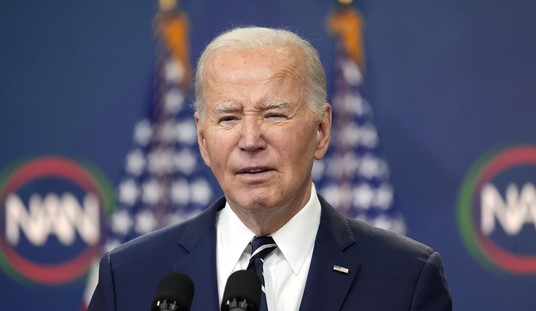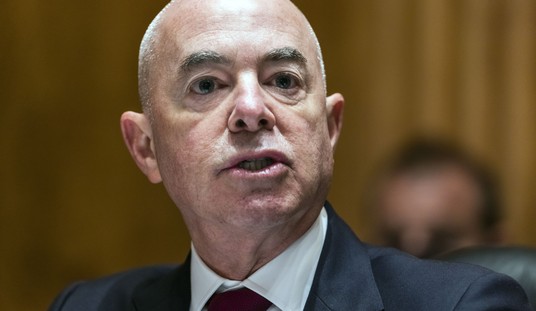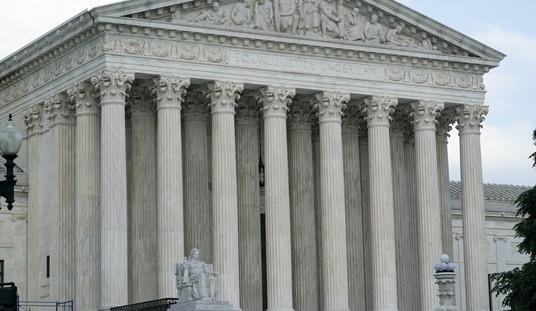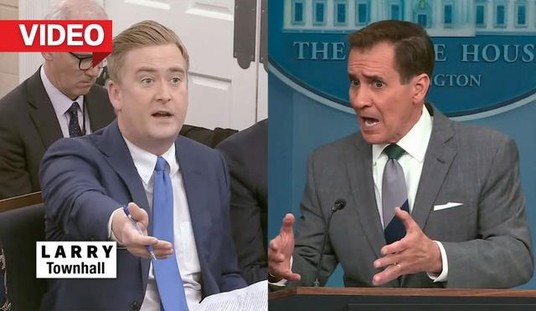This week's newspapers are full of predictions of an impending recession, and maybe they're right. But the great untold story is the good news: the worldwide boom in economic growth.
"I think one of the best kept secrets is that the world is in the midst of an economic boom, and it is largely driven by increases in economic freedom," says economics professor James Gwartney, director of the Stavros Center for the Advancement of Free Enterprise and Economic Education at Florida State University. "The world has become more free, and, at the same time, growth is soaring to new highs. During 1995 to 2005, the growth rate of per capita GDP in99 countries for which data are available has increased to 2.2 percent, nearly twice the rate of recent decades. Since 2000, the annual growth rate of per capita GDP has been even more rapid, 3.2 percent."
As the world gets freer, says Gwartney, it gets richer.
He should know. For years, Gwartney and Robert Lawson of Capital University have compiled an index showing the solid relationship between economic freedom and economic growth. The latest index, covering 2005, was recently published by the Economic Freedom Network, which comprises more than 70 policy institutes worldwide, from Albania to Zambia.
The story the index tells couldn't be clearer: Economic freedom produces high living standards.
This insight shouldn't come as news, but unfortunately it will because prejudice against the profit motive and property rights leads many to believe that government coercion is better than free markets at making life better.
Recommended
What is economic freedom exactly? As the report puts it, "individuals have economic freedom when they are free to use, exchange, or give their property as long as their actions do not violate the identical rights of others."
The researchers ranked countries according to five criteria: size of government, security of property, access to sound money, freedom to trade internationally and level of regulation.
The top five freest countries in 2005 were Hong Kong, Singapore, New Zealand, Switzerland and the United States. That's a slight slip for the United States, which in 2004 came in third. We've never placed higher than second (in 2000).
The next five are the United Kingdom, Canada, Estonia, Ireland and Australia. The bottom five are Republic of the Congo, Angola, Democratic Republic of the Congo, Myanmar and Zimbabwe.
It's hard to miss the point: The freest countries are far more pleasant places in which to live. Countries with little or no economic freedom make life hellish for all but the politicians or dictators in charge (and even for some of them).
The good news, says Gwartney, is that economic freedom is increasing. "The average rating of the 99 countries for which data are available continuously since 1980 has increased from 5.5 in 1985 to 6.6 in 2005," he says. "The primary factors underlying this increase are lower top marginal tax rates, more stable monetary policy, lower tariffs and less regulation of international trade and some relaxation of restrictions on the movement of capital."
Gwartney's data also show the relationship between economic freedom and income. As countries get freer, per capita GDP rises. The least-free nations have a per-capita GDP of about $3,300. The next group up the freedom ladder has a per capita GDP of about $6,100; the next, $10,773. The freest group of nations comes in at more than $26,000.
Gwartney's data show that it's better to be poor in a more-free country than in a less-free country. In the freest countries, the poorest 10 percent earn on average more than $7,300 a year versus $905 in the least free countries. And, of course, in a free society, people often move out of the poorest groups.
Finally, the study also finds a strong correlation between economic freedom and environmental quality.
It is beyond dispute. Economic freedom leads to good things, while government coercion leads to poverty and oppression.
It's stunning that some people still find the free market controversial.

























Join the conversation as a VIP Member